
Hot water is one of the many modern conveniences that a lot of us take for granted. When your water heater is not functioning properly or is simply not able to meet the demands of your household, however, we quickly remember what a luxury warm water can be. If your hot water heater is on the fritz, or you are thinking of upgrading to a larger unit, there are a few things to think about before you purchase a new one.
Conventional Sizes
Hot water heaters come in three basic sizes for homes. Most residential settings will employ a 30-, 40- , or 50-gallon unit, though you can find larger ones if necessary. You can find out how large your current tank is by looking at the nameplate. A good rule of thumb is that you can usually replace your old one with a new one of the same capacity unless you’ve recently added a bathroom, dishwasher or washing machine, or are planning a new addition or appliances in the near future. You might also want to take advantage of the newer, more energy-efficient models.
In general, your hot water needs can be measured by the number of bathrooms in your house. The smallest size water heater for a one-bathroom house should be 30 or 40 gallons, in either gas or electric. For a 1 1/2-bath house, 40 gallons is the minimum. For a 2- to 3 1/2-bath house, choose a 50-gallon gas heater or a 66- to 80-gallon electric one.
Electric Water Heaters
Electric water heaters are likely to take longer to heat water than most gas models, so the tank should be bigger, especially for households with many members or larger than average hot water needs. For a large, four-bath house or a home with an extra-large bathtub, get a 75-gallon gas heater or a 120-gallon electric heater. Some circumstances can skew these standards; for example, a laundry-heavy family with small children or a house with an especially large bathtub will mean much higher hot water use than normal.
Gas vs. Electric
In general, gas water heaters win the battle. A water heater’s capacity is a result of two factors: its total amount of storage and its recovery time (how quickly it can heat a tankful of water). With recovery, both gas and electric water heaters are rated by the number of gallons of water they can raise to 90 degrees F in one hour.
Ready to start your Water Heater Replacement?
Find ProsFor example, a 40-gallon gas heater rated at 40,000 BTU can “recover” more than its entire capacity (41 gallons) in one hour. A similar capacity electric heater running at 240 volts will only heat half of its capacity (20 gallons) in an hour.
Tankless Water Heaters
One trend that is quickly gaining popularity is the tankless unit. Though you may be able to find an electric tankless water heater, gas models are considered more effective. Tankless units heat only the water that you are currently using rather than heating and storing water that will be used in the future. Since water in a conventional storage tank system will often have to be heated and reheated to keep it warm and ready for use, tankless hot water heaters are likely to save you money on energy bills in the long run. Though they might cost twice as much as a traditional model, tankless systems virtually eliminate the problem of running out of hot water!
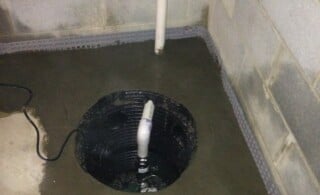 Sump Pump Odors – How to Detect & Eliminate Issues
Sump Pump Odors – How to Detect & Eliminate Issues 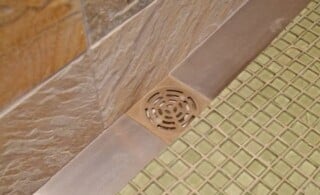 Clogged Drains
Clogged Drains 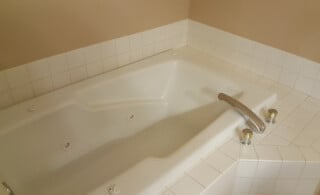 How to Find & Repair a Bathtub Leak
How to Find & Repair a Bathtub Leak 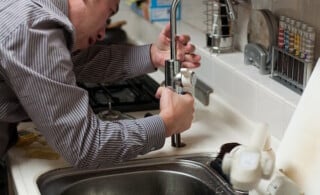 How to Hire a Qualified, Reasonable & Reliable Plumber
How to Hire a Qualified, Reasonable & Reliable Plumber 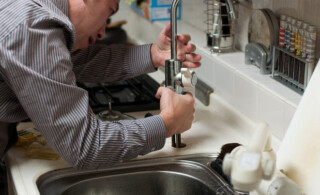 Save Money on Your Next Plumbing Call
Save Money on Your Next Plumbing Call 

Are You Familiar With This Topic? Share Your Experience.